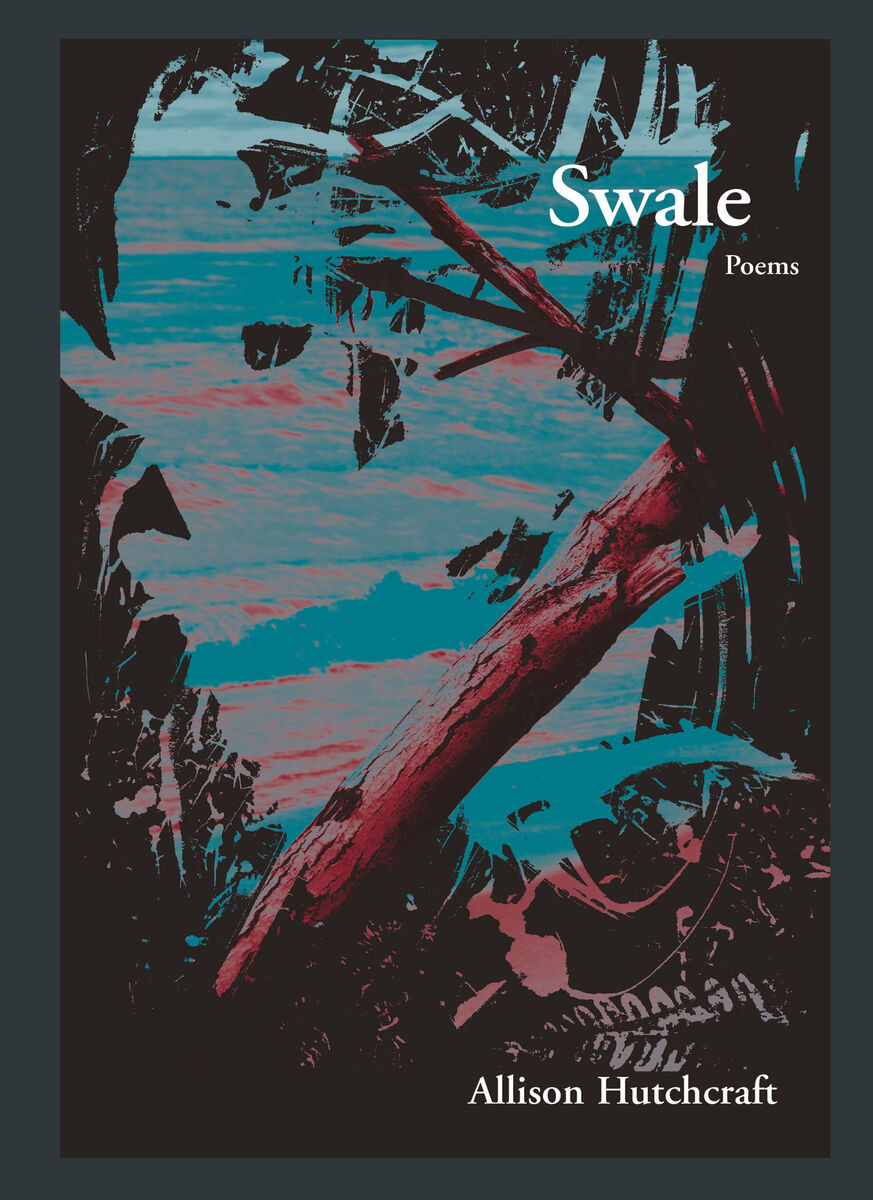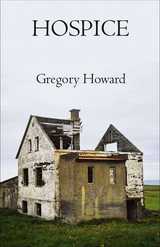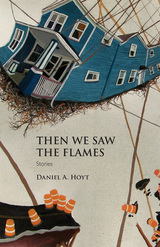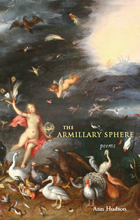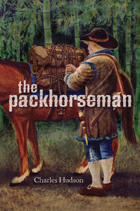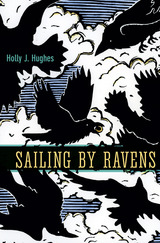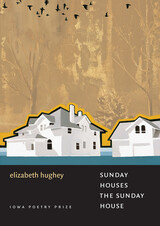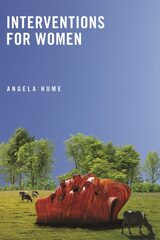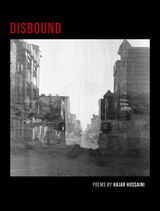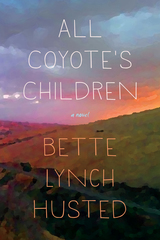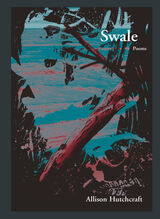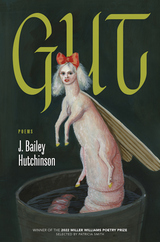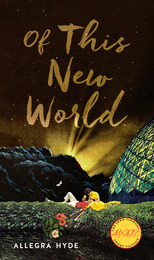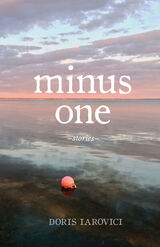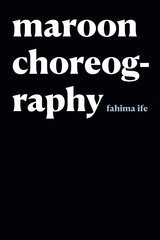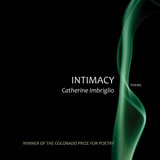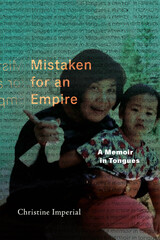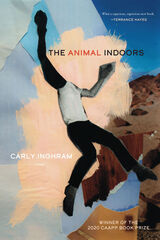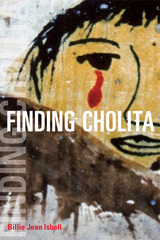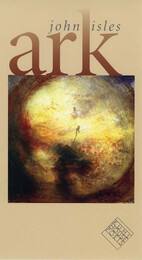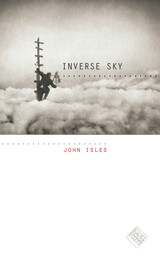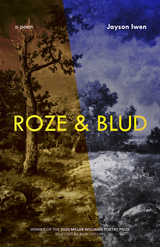Swale
New Issues Poetry and Prose, 2020
Paper: 978-1-936970-68-1
Library of Congress Classification PS3608.U8575S93 2020
Dewey Decimal Classification 892.8
Paper: 978-1-936970-68-1
Library of Congress Classification PS3608.U8575S93 2020
Dewey Decimal Classification 892.8
ABOUT THIS BOOK | AUTHOR BIOGRAPHY | REVIEWS | TOC
ABOUT THIS BOOK
This collection is named for a “swale,” a shallow channel used to direct the flow of rainwater. Similarly, Swale looks outward to the natural world and directs its focus inward to the landscape of the mind. The past presses in like a thick mist: plundering colonial ships and the cracking edges of empire coincide with contemporary scenes and personal erosions and failures. Alongside humans are animals both living and extinct: manatees, sea turtles, and whales; roaming bears, horses, and lambs; and the flightless dodo and Steller’s sea cow, gone for centuries. What happens when the mind eclipses what the body sees, and neither can be trusted—when demarcations between land and water blur, and one’s sense of self begins to recede?
Swale interrogates the violence of colonialism and its reverberations over time, as well as the extinction and the rapid decline of animal species. By turns tidal and cloistered, Swale speaks of science, reliquaries, and lapis lazuli, traversing forests, seascapes, and meadows. Here, the ocean becomes a field, a medieval tapestry transforms into a space that can be entered, and the body is fleshless, struck through with light. The speaker of these poems is ultimately unfixed—and with that comes both imaginative possibility and a personal unmooring. In poems that cast and recast the interior self in different guises—from the perpetually off-kilter Alice to the divergent voices of the shorn lamb and predatory foxhound—an unsettling anxiety grows starker, along with the wish for repair.
Swale interrogates the violence of colonialism and its reverberations over time, as well as the extinction and the rapid decline of animal species. By turns tidal and cloistered, Swale speaks of science, reliquaries, and lapis lazuli, traversing forests, seascapes, and meadows. Here, the ocean becomes a field, a medieval tapestry transforms into a space that can be entered, and the body is fleshless, struck through with light. The speaker of these poems is ultimately unfixed—and with that comes both imaginative possibility and a personal unmooring. In poems that cast and recast the interior self in different guises—from the perpetually off-kilter Alice to the divergent voices of the shorn lamb and predatory foxhound—an unsettling anxiety grows starker, along with the wish for repair.
